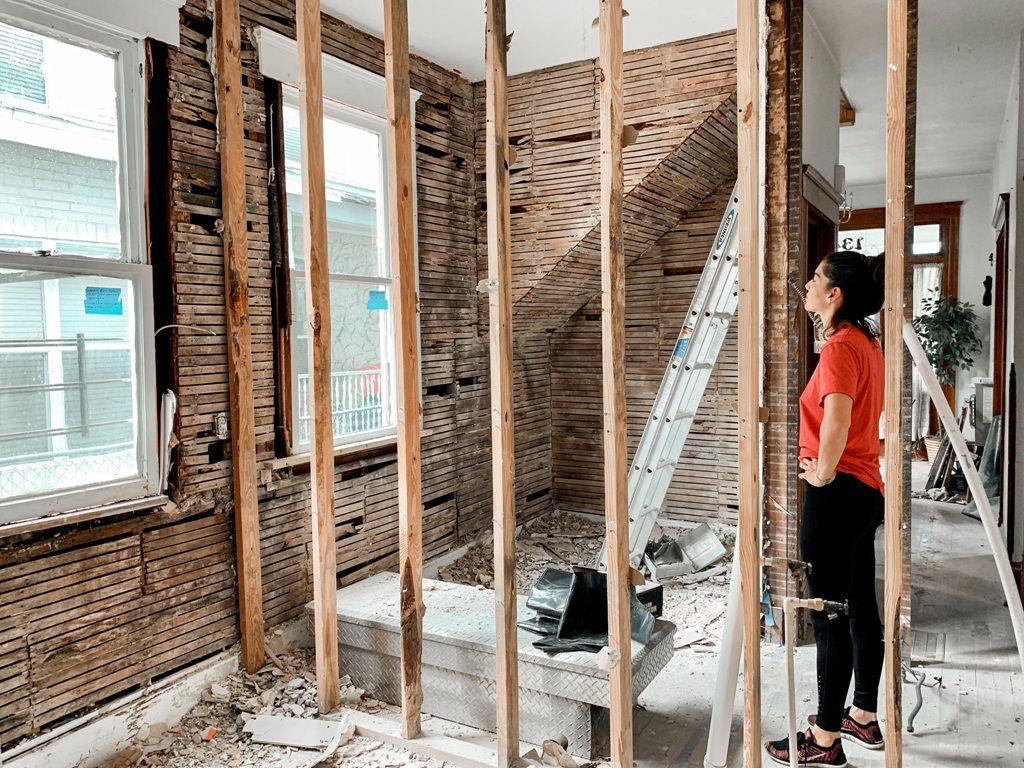Home insurance protects homeowners against a variety of common hazards ranging from storms and fires to vandalism and theft. But what about mold?
Mold can pose serious health hazards and can be quite costly to remove. Whether or not your home insurance policy covers mold largely depends on the source of the mold. For mold removal to be covered, its underlying cause must be one of the covered perils named in your insurance policy.
To help you better understand your coverage, here’s what you need to know about whether or not home insurance covers mold.
When Does Home Insurance Cover Mold?
Mold is typically only covered by home insurance if it is caused by one of your policy’s named perils. You can refer to your policy’s declarations page to find out what perils you are covered against.
For example, if your home’s water heater bursts and the resulting water damage causes mold growth, your home insurance policy should cover the damages.
Your policy may also cover mold damage that results from a burst water pipe, a burst washing machine hose, or mold caused by water damage from a fire sprinkler. Hazards like these are covered by most home insurance policies, and as such, any mold that grows as a result of these perils is often covered.
In cases where your home insurance does cover mold damage and mold removal, coverage will typically be capped at $1,000 to $10,000, though this varies depending on your insurance provider. As a result, you may still be responsible for covering some of the damages, even if your claim is approved.
To ensure you understand when mold is covered by your policy, make sure to review your policy and check what hazards are and are not covered. If your policy doesn’t include a section for named perils, then you likely have an ‘all perils’ policy, meaning you are covered against all hazards except those that are explicitly excluded.
When Does Home Insurance Not Cover Mold?
Your home insurance will likely not cover mold damage if the cause of the mold is not one of your policy’s named perils.
For example, most home insurance policies don’t cover any damages that result from neglect or a lack of maintenance. As such, if mold grows due to your own negligence (e.g. failure to fix a broken faucet) your home insurance would likely not cover mold removal.
Home insurance will typically not cover mold caused by:
● Floods
● Humidity
● Sump pump failure or backup
● Leaky plumbing
These hazards are not usually covered by home insurance, meaning if they lead to mold growth in your home, your home insurance policy may not cover mold removal.
If you do have flood insurance, be sure to review your policy to determine whether or not it also covers mold damage caused by floods as some policies do not.
Filing a Claim for Mold Damage
If you discover mold damage in your home, it’s important to act quickly to increase your chances of filing a successful claim.
Here are some of the key steps you should be sure to take when filing a claim for mold damage:
● Contact your insurance company as quickly as possible to report mold growth.
● Take photos and videos of the areas in your home with mold damage.
● Clean up excess water, dehumidify the area, and ventilate your home to prevent additional mold growth.
● Listen to and follow your insurer’s instructions for filing a mold damage claim.
● Get cleanup, removal, and repair estimates from local mold removal contractors or companies.
● Submit your repair quotes to your insurance company for reimbursement.
Many insurance companies require you to report mold damage within a certain amount of time. Typically, insurers give you up to six months to report mold, but this can vary depending on your insurance provider, so it’s important to file a claim as quickly as possible to ensure you are covered. If you don’t discover the mold damage until several months after the incident that caused it, contact your insurer to ask if you’re still able to file a claim.
Request a Home Insurance Quote
From burst pipes to floods, there are many covered and noncovered hazards that can cause mold growth in your home. As damages caused by mold can be costly to remediate, it's important for homeowners to understand how their home insurance policies may be able to help them cover mold removal expenses.
Contact FIB insurance today to request a custom quote and learn more about home insurance in Miami, FL.

